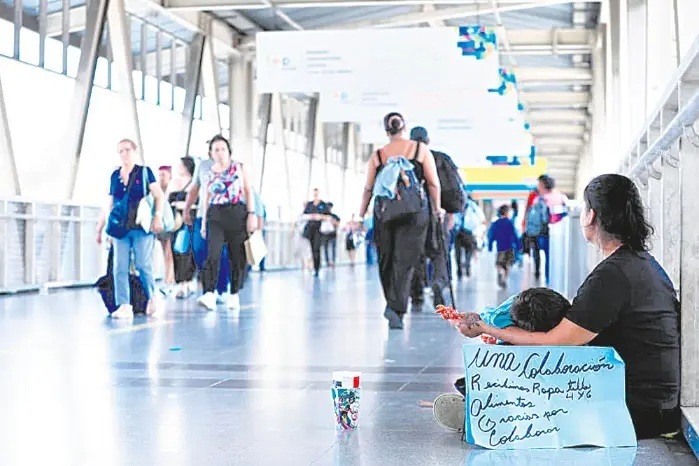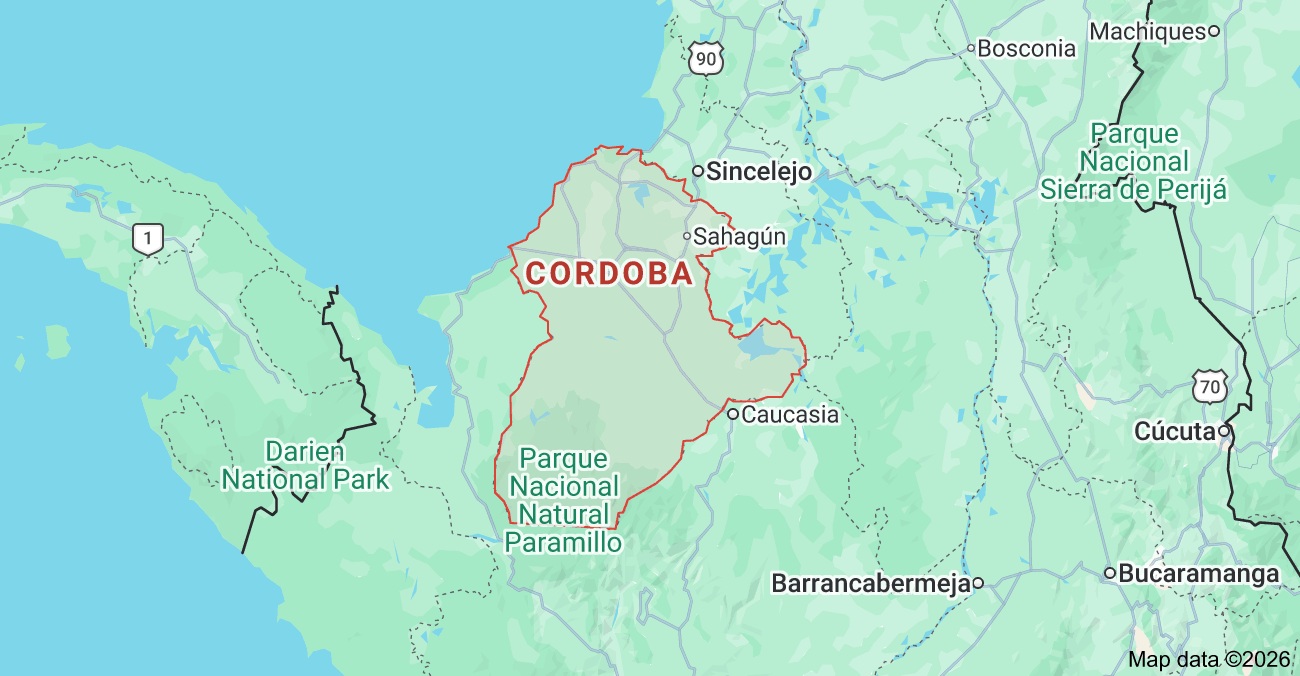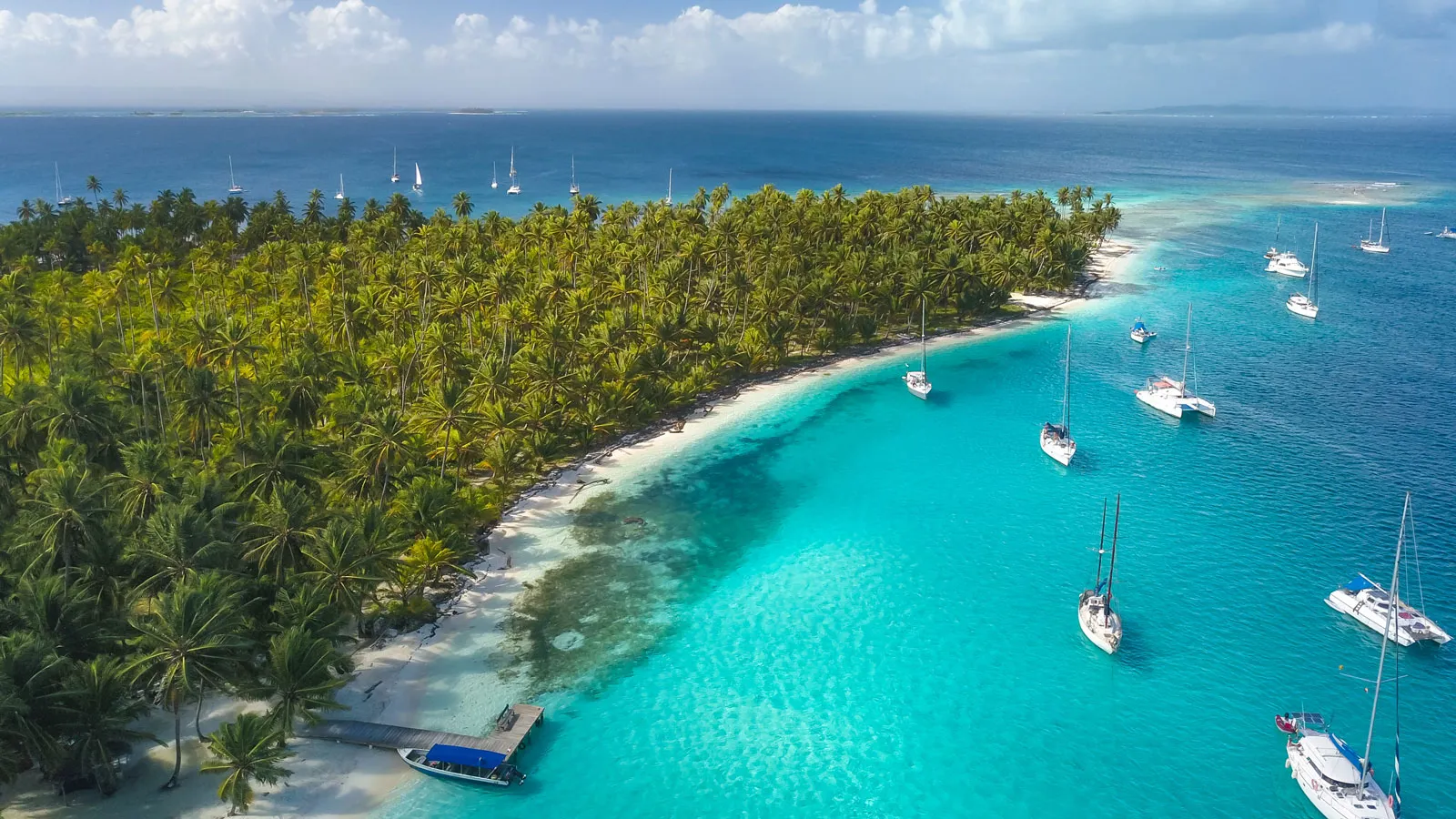MEDIA WATCH: Justice and Martinelli bombshell

ON THE EVE of a hearing in a Miami Courtroom to decide on the next steps in the moves to extradite ex-president Ricardo Martinelli, a damning indictment of a man “who was not a conventional president” has been published.
He broke all molds said La Prensa on Monday June 19. He has not known for his discretion; His body language left no room for doubt and he considered diplomacy a waste of time.
He did not disguise his anger, even at public events. He tried to embarrass a Medcom reporter who asked him an uncomfortable question.
At a meeting of shareholders of La Prensa, after complaining about the medium, he addressed the board and said: “I know information about everyone here.”
When he was suspected of pressuring deputies to join his party, he said: “I do have their dossiers and their pedigrees, I know what everyone has done.”
How could he know everything about everyone? The answer may be what is keeping him n a cell in Miami, where a federal judge Tuesday will decide whether or not to release him on bail.
He faces charges of ordering the National Security Council to perform illegal surveillance on his political enemies and others.
Justice, ‘assaulted
This obsession with getting information on his enemies was well documented even before criminal charges were filed. In the diplomatic cables that were published by Wikileaks, US
diplomats discussed refusing to allow Martinelli access to its wiretapping program overseen by the Drug Enforcement Agency. When the US refused his request, he threatened to drive the DEA out of Panama.
The publication quoted a cable from former US Ambassador Barbara Stephenson, in which she said Martinelli had a “tendency toward harassment and blackmail.”
His obsession was such that then director of the council, Olmedo Alfaro, told officials at the US Embassy that the Martinelli government intended to create a court to expeditiously authorize wiretaps. The reason for this, the cable added, was Martinelli’s lack of confidence in then prosecutor Ana Matilde Gómez.
According to the ambassador, the Panamanian judicial system was being “assaulted” by the Executive.
But now it turns out that the one who is complaining that the justice system is under assault by the Executive is Martinelli himself, who has not stopped repeating that he is a victim of political persecution.
He claims that the case being pursued by the Public Ministry is being directed by President Juan Carlos Varela.
The situation is not without other ironies. For example, his lawyer Rogelio Cruz formerly represented Ernesto Pérez Balladares, another former president who claimed he was the victim of political persecution for his connection to controversial gambling contracts.
The president he said was driving that investigation was Martinelli.
Broken promises
But Martinelli had a chance to change the face of justice. In fact, it was one of his electoral promises:
“Those who want to be judges of the Supreme Court must undergo questioning by civic societies,” he promised. However, when the time came, the promise faded and criticism came immediately, as his method of choice was exactly like that of his predecessors.
Martinelli replied: “What happens is that there are people who want to president without participating…The people did not choose me to be a co-president.”
He ignored what he had promised, namely a profound change in the courts. But he also boldly claimed that he had nothing to fear from investigations, saying the judges were free to examine his conduct.
But when the time came for him to be investigated, Martinelli fled the country.
Choice of judges
What did Martinelli do to improve justice? His appointments to the Supreme Court despite warnings from civil society did not meet criteria of independence and honesty, as evidenced by the criticisms that rained when announcing his first candidates for the court.
He responded that they were exemplary, honest people, of recognized trajectory in the judicial system…the best ones.

But his 2009 appointments Jose Abel Almengor and Alejandro Moncada Luna ended very poorly. The first resigned amid rumors that he participated in a plan to expel Attorney General Ana Matilde Gómez, who had won the distrust of Martinelli, and the second was
tried by the National Assembly, accused of unjustified enrichment and fraud. and is serving a five year sentence after pleading guilty.
Martinelli then appointed Harry Diaz to replace Almengor. That judge is hearing the case for which Martinelli is being held in Miami. In fact, Diaz asked the Court to order the arrest of Martinelli in this case.
If justice is assaulted by the current Executive in this specific case, Martinelli would have responsibility, because Diaz was one of his controversial appointments. in the
The others that Martinelli appointed were: Luis Ramón Fábrega, Hernán De León, José Ayú Prado and Abel Zamorano, the latter the substitute for Moncada Luna.
Of the nine judges who make up the full Court, five are from the Martinelli administration. And if all of them respond to the current Executive, it is worth asking why they haven’t done it for the man who appointed them.
Friends And Favors
Almengor and Moncada Luna. The first was a drug prosecutor who resigned in May 2009 to accompany Martinelli in his election campaign. When he arrived at the Presidency, he was appointed as security secretary, a position created especially for him.
Then came his resignation for the plot against the then prosecutor.
The second one also joined the campaign in 2009. The failures of Moncada Luna in many cases were scandalous. His inaction was just as noticeable, as when he blocked the intervention into the Financial Pacific brokerage which also involved Martinelli.
Judge Diaz was also close to Martinelli, to the point that in an interview, he confessed that the then president called him to ask him to renounce his aspirations to preside over the court and give the vote to Moncada Luna.
“Mr. President, are you illegitimate?” Why do you want a crook like Moncada?” Diaz asked the question, and received a blunt answer.
“Because he is going to do things you do not want to do,” Martinelli responded. Then, to make matters worse, he asked for the vote for the vicepresidency of the Court in favor of Judge Luis Ramón Fábrega.
It is these magistrates who are handling the cases that Martinelli is complaining so bitterly about. These were appointments that civil society criticized precisely because of his closeness to the andidates. They are the representatives of a justice system that, in the words of the former US ambassador, was assaulted by Martinelli.
During Martinelli’s term, the Public Prosecutor’s Office also underwent many changes.

There were four prosecutors in his five years of government: Gómez, expelled from the position; Giuseppe Bonissi, an ardent supporter of the president during the election whose management was marked by the alleged penetration of drug trafficking in the Public Ministry; José Ayú Prado, who after 30 years as an official in the Office of the Attorney General was promoted in only two years from prosecutor to attorney general and then to Supreme Court justice; and Ana Belfón, a personal lawyer of the former president.
Although Ayu Prado’s career took off under Martinelli, it was not without some controversies.
He was denounced by lawyer Rosendo Rivera, who accused Ayú Prado, when he was attorney general, of drafting the answers of a questionnaire he sent to the president in a complaint filed by his client.
Also, Mayté Pellegrini – a former official of Financial Pacific revealed to Ayu Prado the existence of an account, High Spirit, that she said was used by Martinelli to manipulate the shares of Minera Petaquilla.
Pellegrini later retracted her statement, and her new version was drafted by Ayu Prado. It did not include any mention of Martinelli. Later on, Pellegrini said that she only changed
her version of events because Ayu Prado promised to release her from jail if she signed the document.
So by any measure, the justices that Panama inherited from Martinelli do not differ from those of his predecessors.
In the words of the former US ambassador: “There is no reason to believe that there will be fewer acts of corruption in this government than in any previous government. And today there is no reason to believe otherwise.”





